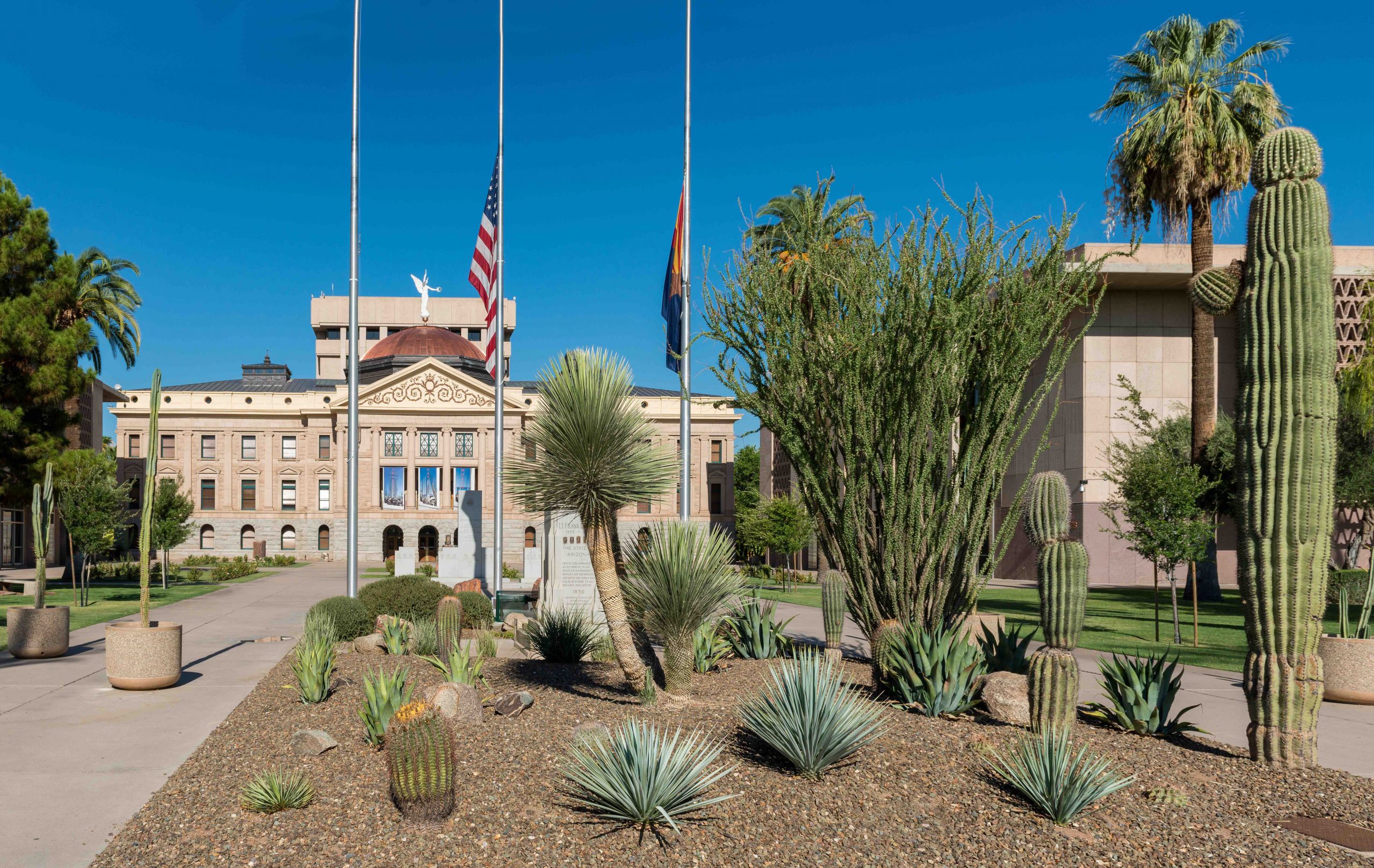EMERGENCY DOCKET
Court turns down request for relief in Arizona leadership’s voting law dispute

on Nov 27, 2023 at 5:03 pm

The Supreme Court on Monday afternoon denied a request from the leaders of the Arizona legislature to put on hold an order that would require them to be deposed about the legislature’s enactment of voting laws that make it more difficult to register to vote. In a brief unsigned order without any noted dissents, the justices turned down an emergency filing from Ben Toma, the speaker of the Arizona House of Representatives, and Warren Petersen, the president of the Arizona Senate.
The laws at the center of the dispute were enacted in 2022. They require would-be voters to provide proof of U.S. citizenship or face penalties, such as a ban on voting in most elections or an outright bar on voting by mail. The Biden administration and other plaintiffs, including the Democratic National Committee and the Arizona Democratic Party, went to federal court to challenge the laws, arguing that they violated (among other things) the 14th Amendment’s guarantee of equal protection and federal voting laws.
Toma and Petersen joined the case to defend the laws after the state’s attorney general, Democrat Kris Mayes, declined to do so in full. The challengers then sought discovery from them, including to depose them about the legislature’s intent in passing the laws. Toma and Petersen argued that an order requiring them to appear for a deposition would violate the legislative privilege – that is, the idea that legislators are shielded from both criminal and civil liability, as well as being compelled to answer questions or produce documents, regarding anything that is an integral part of the legislative process.
The district rejected that argument, ruling that Toma and Petersen had waived their privilege when they opted to join the case, and both the district court and the U.S. Court of Appeals for the 9th Circuit held that the depositions could go forward.
Toma and Petersen came to the Supreme Court on Nov. 20, asking the justices to put the depositions and discovery on hold to give them time to file a petition for a writ of mandamus – an order directing the lower court to reverse its order on the legislative privilege question. They told the justices that the district court’s “unprecedented ruling will chill both the atmosphere for all legislators to freely express their views during the legislative process and the ability and willingness of present and future legislative leaders to participate in litigation to defend the constitutionality of state laws.”
The Democratic National Committee and the Arizona Democratic Party urged the justices to turn down the request. They emphasized that the discovery requests do not seek information about the legislators’ personal motives, but instead about the legislature’s intent, which “is a proper subject for discovery because plaintiffs’ claims in this litigation include that the challenged laws violate the Equal Protection Clause; one element of such a claim is discriminatory intent or purpose by the legislature.”
And Toma and Petersen have other options besides a writ of mandamus, the Democrats argued. For example, they could decline to “comply with the discovery order and then appeal any resulting sanctions or contempt order.”


